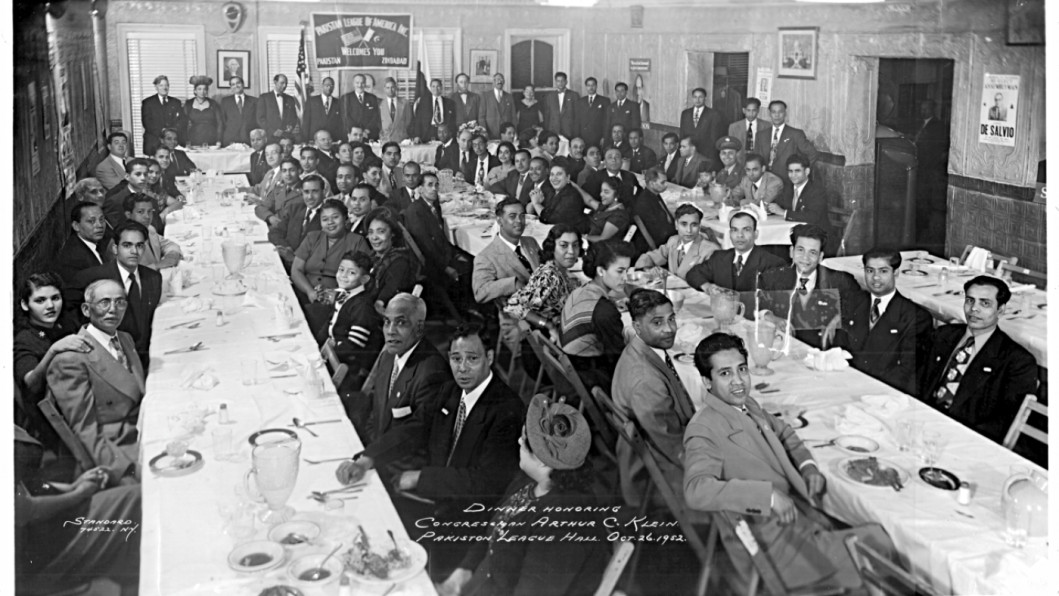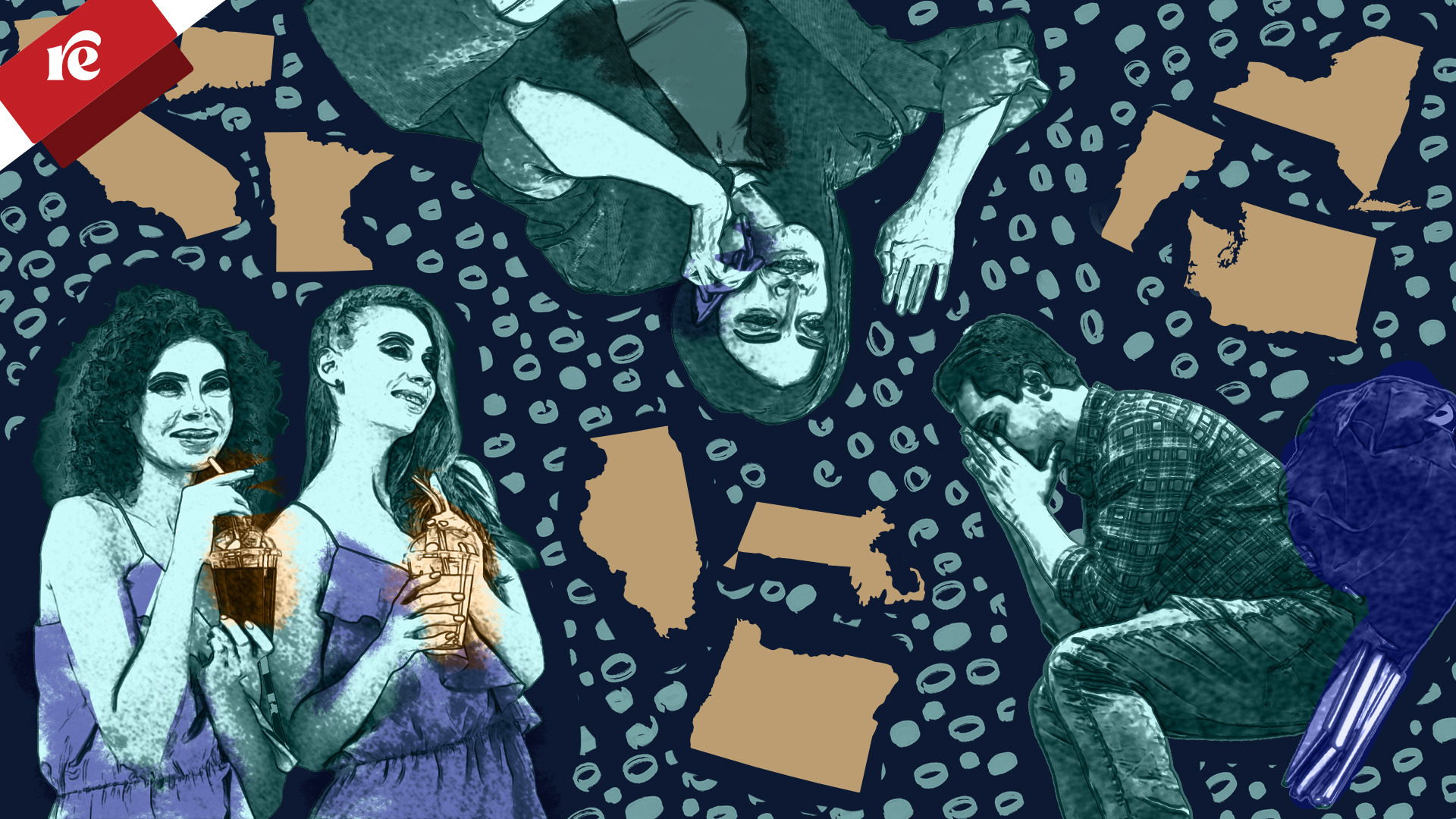- BlackVoter.Org
- Posts
- BlackVoter.Org
BlackVoter.Org


In a provocative return to the White House, President Donald Trump has reignited discussions on American democracy, power, and integrity. His past attempts to dismiss the legitimacy of the 2020 election and the subsequent Capitol riot challenge the very foundations of democratic governance.
Upon his return, Trump controversially pardoned those convicted for their roles in the Capitol attack, raising questions about justice and accountability. Critics argue that this represents a troubling shift in the moral landscape of the nation, posing risks akin to those seen in less stable democracies around the world.
Additionally, the partisan nature of American media and the judiciary is under scrutiny, with many believing that fairness is now contingent on political alignment. As Trump reigns once more, observers are left to ponder the implications of his leadership style and rhetoric on the future of the United States, making it a critical period to assess whether he can indeed make America great again.

In a compelling reflection on Missouri's abortion politics, authors Bonyen Lee-Gilmore and Erika A. Christensen liken the situation to "Wicked," drawing parallels between the struggles faced by women and the famous characters Elphaba and Glinda.
Despite significant funding and efforts behind Amendment 3, which aimed to protect abortion rights, actual access remains severely limited in Missouri, leaving women vulnerable and punished for their pregnancies. The authors argue that mainstream advocacy groups, much like Glinda, present a facade of support while upholding harmful compromises.
They emphasize the need for a more radical approach to reproductive justice—one that prioritizes true autonomy and inclusion over maintaining the status quo. As they reflect on a lack of electoral success for Democrats, they call for a reckoning within progressive circles, highlighting that genuine progress requires challenging familiar limits and recognizing that solidarity must extend to all women’s experiences.
Together, they insist there's no fight they can't win if they unite.

In a groundbreaking moment for Dallas, Kimberly Bizor Tolbert has made history as the city’s first Black woman city manager. Appointed by the City Council, Tolbert steps into this pivotal role with a wealth of experience, having previously served as interim city manager and deputy city manager.
Her leadership comes at a crucial time, as she will tackle significant challenges such as hiring new chiefs for the police and fire departments and implementing voter-approved changes like the decriminalization of marijuana. Tolbert’s vision offers a blend of stability and progressiveness that aims to foster equity and innovative solutions for the city.
Her appointment not only symbolizes a shift towards diverse representation in leadership but also serves as an inspiration for future generations aspiring to make an impact in public service. Dallas residents, alongside civic leaders, eagerly anticipate the positive changes her leadership will bring.

In a thought-provoking discussion, SiriusXM host Karen Hunter advocates for Black Americans to consider a "reverse migration" to red states. With an eye towards community empowerment, Hunter argues that instead of abandoning these areas, individuals should return to support and uplift their ancestral roots.
Highlighting the political clout of Black voters, she emphasizes the importance of investing in underrepresented regions like Jackson, Mississippi, and rural pockets across the South. Hunter's vision extends beyond migration; it's a call to cultivate local engagement and responsibility, enabling better futures for their communities.
As the political landscape shifts, especially after the closely contested 2024 election, she believes this strategy could reshape America. Her new podcast network aims to inspire listeners to take action, fostering a sense of purpose and unity as they navigate the uncertain times ahead.
“Let’s go provide our communities with what they need,” she encourages, igniting a powerful dialogue on making a difference.

Dive into the rich tapestry of "Bengali Harlem and the Lost Histories of South Asian America," where author Vivek Bald unveils the largely forgotten stories of Bengali immigrants in the U.S.
from the late 19th to mid-20th centuries. The narrative springs from the life of Habib Ullah, a Bengali seaman who journeyed to New York and created bonds with African American and Puerto Rican communities.
Bald utilizes historical records to highlight how these early immigrants navigated a landscape marked by xenophobia, forming unique cultural intersections. The book challenges stereotypes about immigration and race, illustrating the fluid identities and shared struggles of marginalized groups.
Today, as South Asian Americans face renewed waves of discrimination, Bald's work serves as a vital reminder of their longstanding presence and contributions, offering hope and identity for future generations. This engaging exploration reveals the complexities of cultural belonging amid the backdrop of American history.

Virginia is on the brink of a significant legislative shift that could dismantle a century-old racist doctrine disenfranchising felons. Historically plagued by Jim Crow-era policies, the state's constitution has long denied voting rights to individuals with felony convictions unless a governor intervenes.
With Democrats currently in control of the Virginia General Assembly, a push to amend this outdated rule has gained traction, having already passed both the House and Senate. Advocates, like Del.
Elizabeth Bennett-Parker, argue that restoring voting rights is crucial for creating a just society and countering discriminative practices impacting Black Virginians disproportionately. Polls show strong public support for this reform, indicating a collective desire for change.
If successfully passed in consecutive years, the amendment will finally let voters decide the future of civil rights for felons. This moment represents a possible turning point towards greater equity and inclusivity in Virginia's electoral landscape.

Paterson, NJ, is gearing up to celebrate Black History Month in February 2025 with a powerful theme: "African Americans and Labor." This month-long celebration, officially designated by the City Council, honors the crucial contributions of African Americans in various industries and their role in advocating for workers' rights throughout history.
The resolution reflects on landmark moments such as the passage of the 15th Amendment and the founding of the NAACP, while also recognizing recent milestones in political representation. To kick off the festivities, a flag-raising ceremony will take place on February 1, followed by a special event to honor 10 remarkable community members for their impactful contributions.
This celebration not only pays tribute to the past but also highlights the ongoing influence of African Americans in shaping resilient communities in the United States.

In a compelling call to action, Dante de Jong emphasizes that Gen Z cannot afford political apathy as they inherit a nation facing critical issues like climate change, housing crises, and escalating education costs. This generation, poised to become a significant voting bloc by 2028, has the power to shape future electoral outcomes.
However, recent data shows a concerning decrease in youth voter turnout, as many express disillusionment with the current political landscape dominated by aging leaders. De Jong highlights the urgency for young voices to break through this stagnation by engaging in grassroots activism and leveraging their influence.
With organizations like NextGen America mobilizing young voters, there's a clear pathway for Gen Z to demand representation that addresses their unique struggles. The time is ripe for this vibrant generation to reclaim their political agency and assert their vision for the future—after all, their participation is crucial to fostering meaningful change.